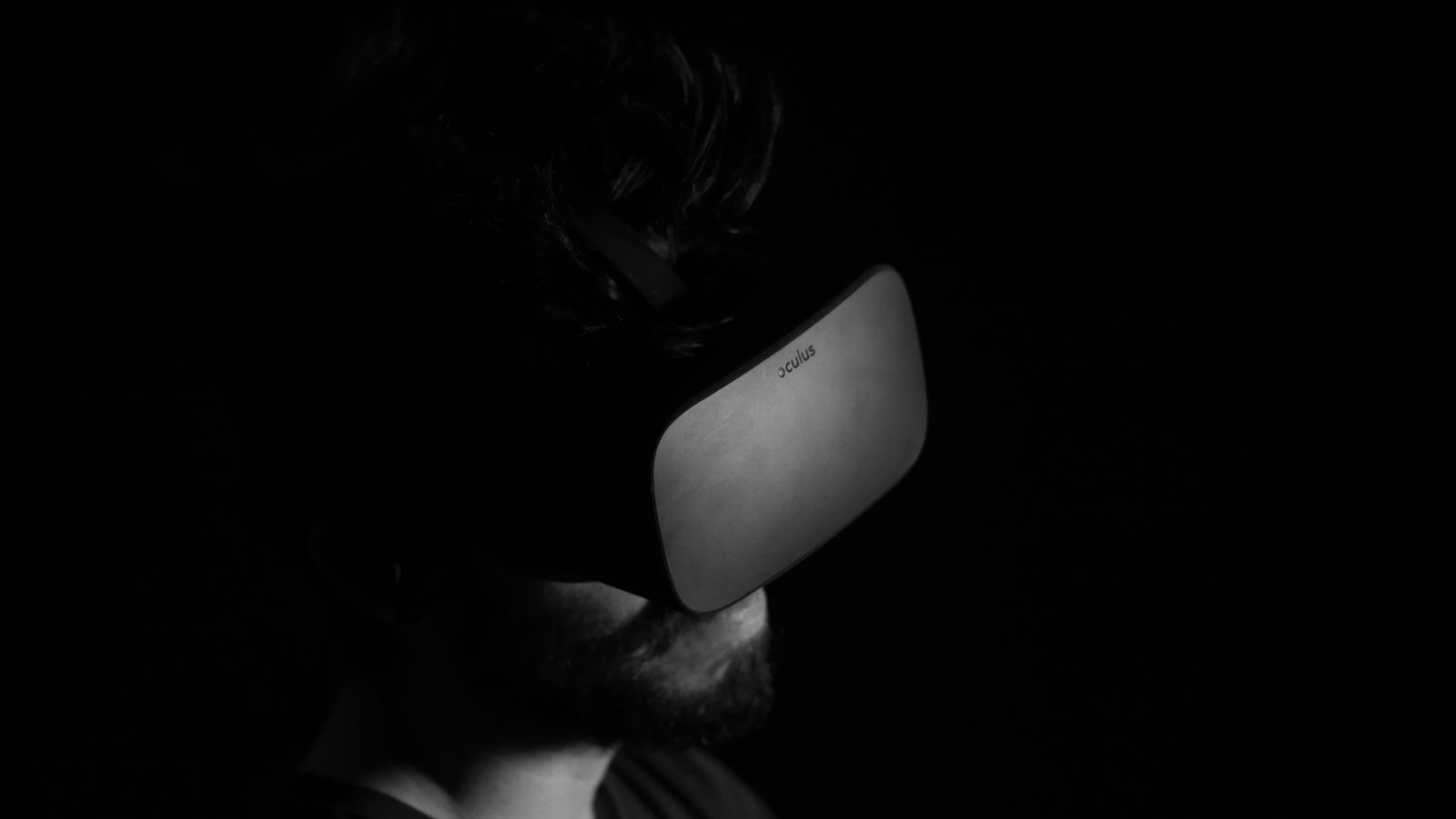Three ways virtual reality is already shaping the legal industry
August 23, 2017

Virtual reality (VR) is a field replete with great minds who create everything from platforms that enable virtual business meetings to content that helps people overcome phobias.
But ask any of them to recommend a good read on VR and chances are they won’t mention a white paper or academic missive. Instead, they’ll point you to science fiction: “Ready Player One” to be exact. About a dystopian near-future in which people use VR for education and escape, Ernest Cline’s debut novel is so popular it caught the eye of Steven Spielberg, who will release a film adaptation in 2018.
One should not, however, misinterpret all this to mean the industry as a whole is science fiction. It most definitely is not.
VR is projected to generate $30 billion in revenue by 2020; $150 billion if you count augmented reality (AR). Brands in industries from entertainment to medicine are already employing it. But for the attorney who still shrugs, let me give you a reason to read on.
Besides studying the impact of our own VR “walkable website,” for this article I interviewed lawyers, academics, trial consultants and top accounting firm executives to gain an understanding of how VR might impact the legal industry. In doing so I uncovered three reasons why VR should be on your radar: its potential to generate billable work, its use for marketing and its potential for use in the courtroom.
Continue reading on the New York Law Journal
